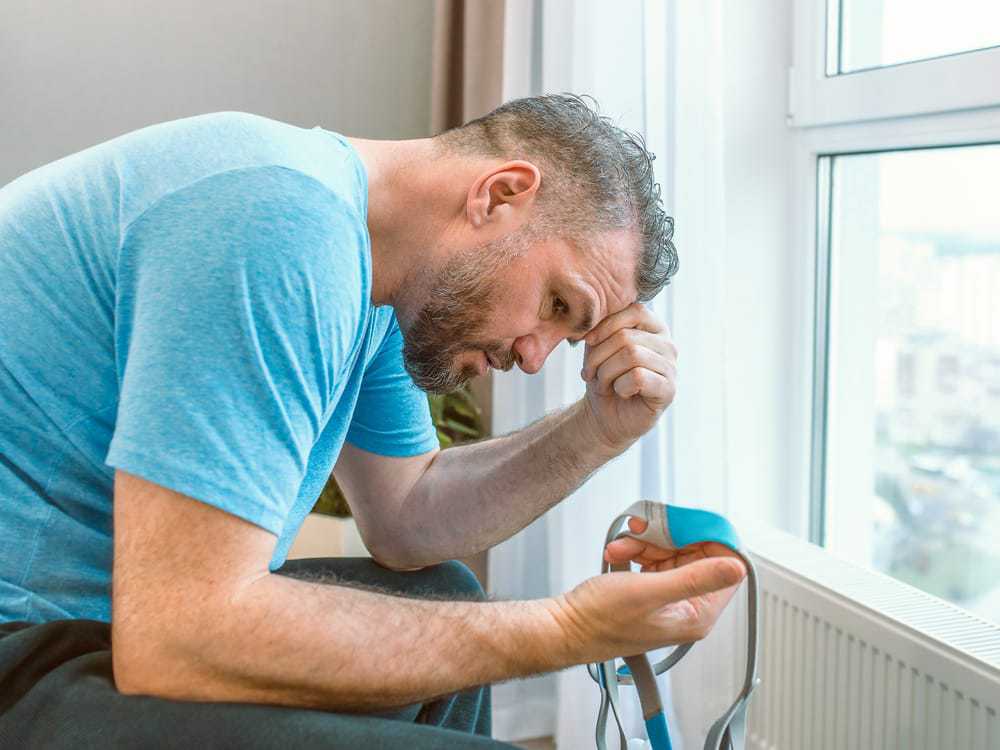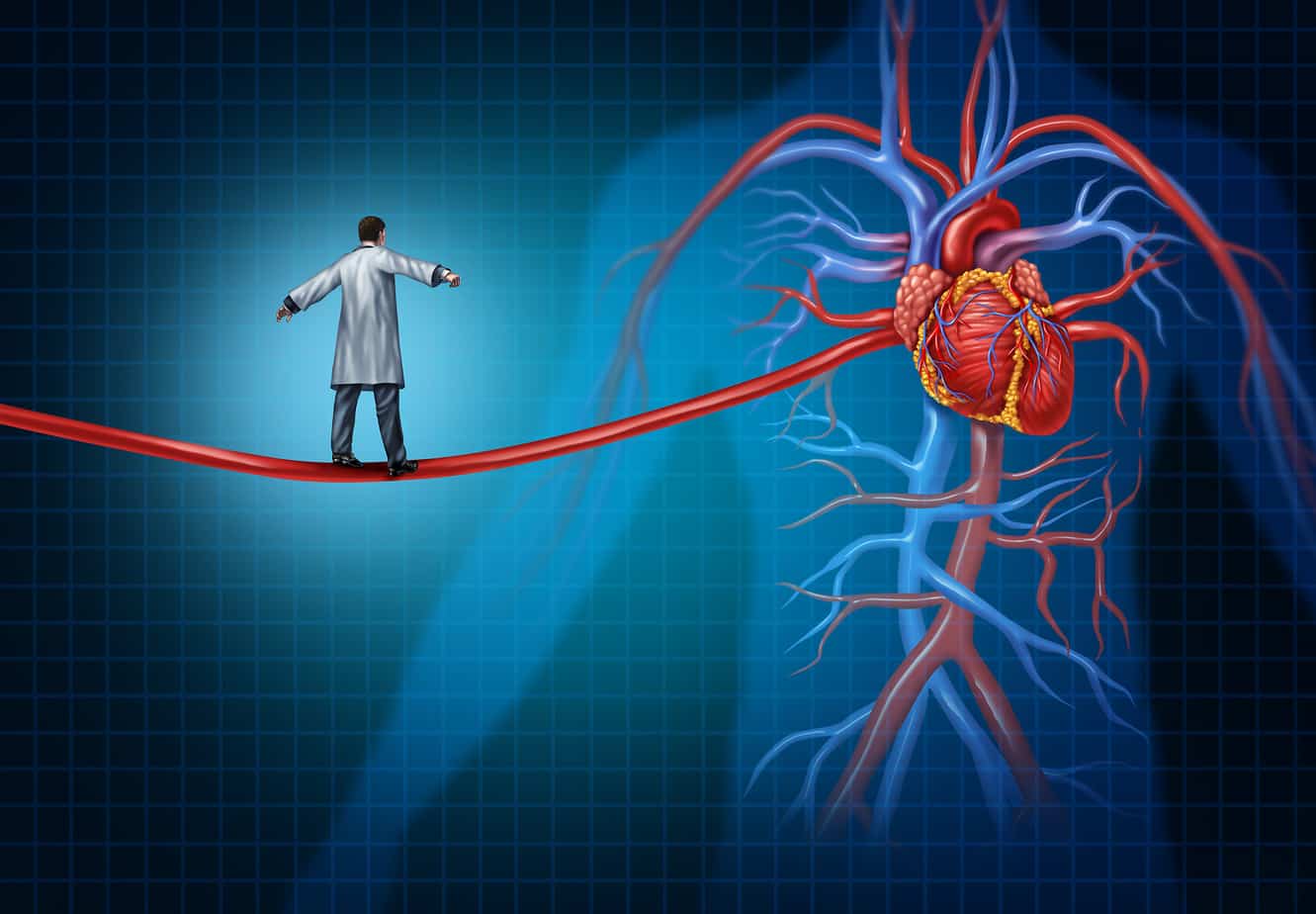Philips, a company known for its breathing devices, has recently stopped selling some of its products in the United States. This includes CPAP machines, which help people breathe better when they sleep. This decision is because of problems with the machines that were discovered before. Some parts of the machines were breaking into small pieces, and there were worries about harmful gases. These problems could hurt people using them.
This is not the first time Philips has had to stop selling these machines. In 2021, they had to recall millions of them for similar reasons. Back then, they found that some parts inside the machines could break down and release dangerous chemicals, which could cause cancer.
After fixing these problems, Philips started selling the machines again. However, they found new problems and had to stop selling them again.
This situation is serious because a lot of people use these machines. They help with sleep apnea when people stop breathing for short periods while sleeping. Sleep apnea can lead to significant health problems like heart attacks or strokes if it’s not treated.
The recall and stopping of sales have made it hard for people who need these machines. They have to choose between using a machine that might be unsafe or not using one at all, which can be risky for their health.
Philips is working on fixing these problems, and they must meet specific standards before they can sell these machines in the U.S. again. They are also helping people who already have these machines by fixing them. But they won’t sell any new ones in the U.S. until everything is safe. This situation reminds us of our dependence on medical devices and how important it is for them to be safe and reliable.
$479 Million Settlement Over Recalled Sleep Apnea Devices
In December 2023, Philips Respironics agreed to a significant settlement regarding its recalled continuous positive airway pressure (CPAP) devices. This settlement, amounting to $479 million, was part of a class action lawsuit concerning economic losses from the recalled devices.
The lawsuit stemmed from issues with Philips CPAP, BiPAP, and ventilator devices, which were recalled in June 2021. The problem was with the polyester-based polyurethane foam used in these devices. This foam, intended for sound reduction, was found to degrade and potentially release toxic particles and gases, posing severe health risks to users. About 11 million devices were recalled due to these concerns.
Under the terms of the settlement, individuals who purchased, leased, or rented the affected devices might be eligible for compensation. The compensation amounts vary, with potential payments of up to $1,500 per device. Additionally, claimants may receive an extra amount for returning the recalled devices to the company.
The settlement is structured to address the financial impact of the recall on consumers. It’s important to note that this settlement does not cover personal injury or medical monitoring claims, which are part of a separate multidistrict litigation (MDL). As of August 2023, approximately 6,698 CPAP lawsuits against Philips were consolidated in this MDL.
The settlement process began in December 2023, with the final court approval and commencement of payments to class members expected in early 2024. Philips set aside a considerable amount in anticipation of these lawsuits and has stated that the settlement does not constitute an admission of liability, wrongdoing, or fault by the company.
This class action lawsuit and the resulting settlement reflect the recall’s economic impacts on consumers and the ongoing legal proceedings related to the health concerns from these devices.
The Philips CPAP Personal Injury Lawsuits (January 2024)
As of January 2024, the Philips CPAP personal injury lawsuits have taken a significant turn. These lawsuits are separate from the class action settlement that Philips agreed to in September 2023, which addressed economic losses from the recalled devices.
The primary contention in the personal injury lawsuits is the polyester-based polyurethane (PE-PUR) sound abatement foam used in Philips’ CPAP, BiPAP, and ventilator devices. The foam was found to degrade, potentially releasing toxic particles and gases.
Users of these devices have reported various health issues, including cancer, respiratory problems, and organ damage. The lawsuits allege that Philips was aware of the risks posed by the foam but continued to market the devices as safe.
A significant development in these lawsuits is the planned status conference, which is scheduled for March 2024. This conference is expected to outline the timeline for the multidistrict litigation (MDL), including dates for bellwether trials, updates, and plans for the continuation of the proceedings.
As of January 2024, there are 755 pending cases in this MDL, presided over by Senior U.S. District Judge Joy Flowers Conti.
Philips has been accused of knowing about the foam degradation issues for years before the recall and has faced criticism for its response to the situation. For instance, some replacement devices provided by Philips after the recall were also found to be problematic, leading to further recalls.
The litigation process is complex, and several key deadlines and phases are scheduled throughout 2024 and 2025. These include the completion of expert depositions on general causation, filing of Daubert motions challenging the admissibility of expert testimony, and potential hearings on these motions. The outcomes of these proceedings will be crucial in determining the direction and resolution of the lawsuits.
Additionally, Philips is under scrutiny from the U.S. Department of Justice and the FDA over its handling of the recall and the safety of its devices. The extent of the legal and financial repercussions for Philips will likely become clearer as these cases progress.
Given the number of lawsuits and the severity of the allegations, resolving these cases, whether through settlements or court verdicts, is expected to be a protracted process with the potential for significant financial implications for Philips.



